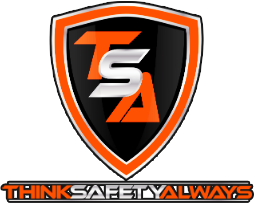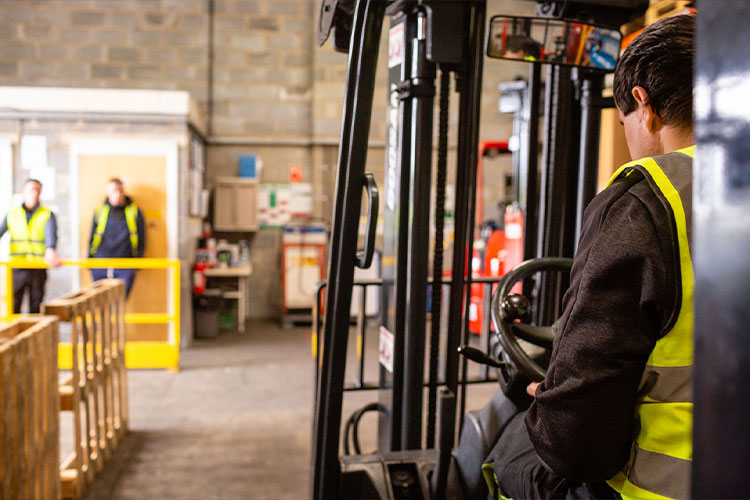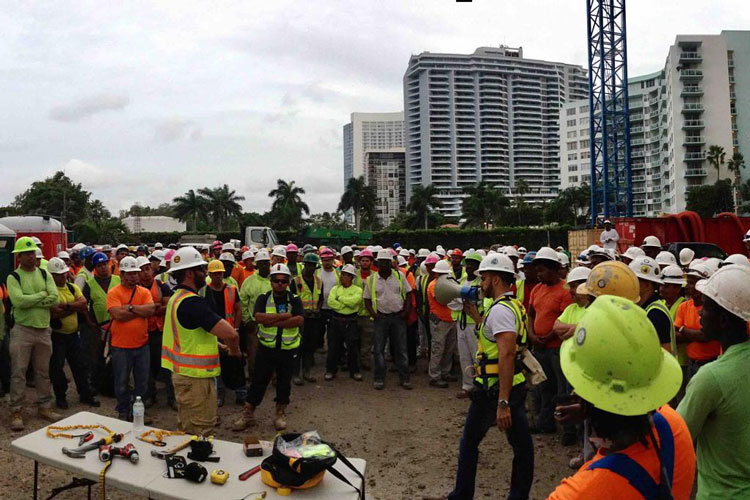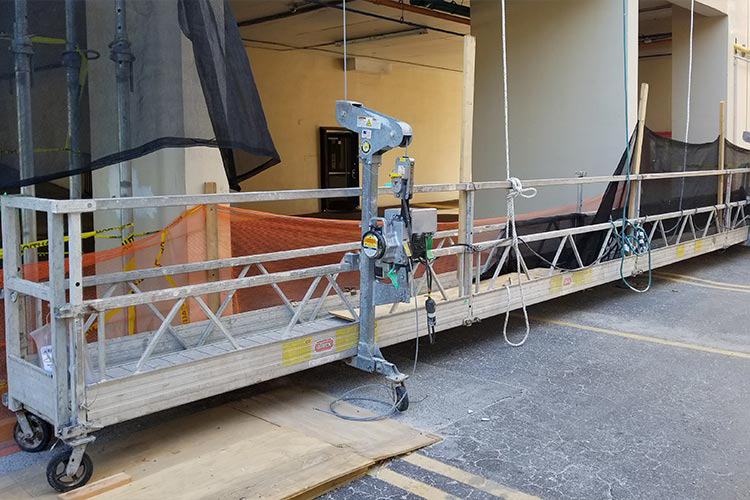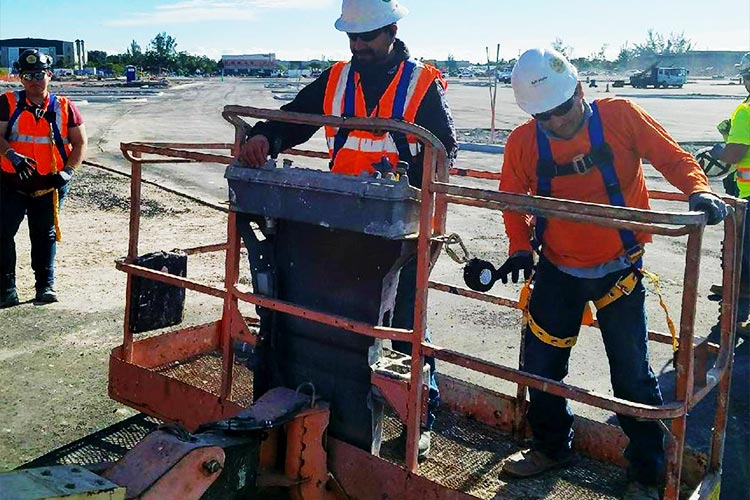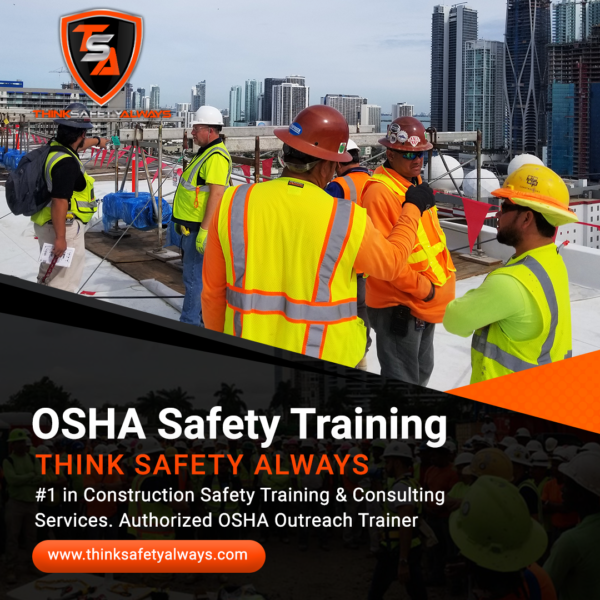In warehouses, distribution centers, and construction sites around the world, forklifts are indispensable tools that streamline operations and boost efficiency. However, the power and functionality of these machines come with inherent risks. Forklift accidents can lead to serious injuries, damaged property, and even fatalities. This is why The Vital Importance of Forklift Safety Training is not just a box to tick – it’s an imperative investment in the well-being of your workforce and the smooth functioning of your operations. In this blog, we’ll delve into the significance of comprehensive forklift safety training and its far-reaching impact.
- Mitigating Risks and Accidents: Forklifts, while indispensable, are also inherently hazardous. Training equips operators with the knowledge to identify potential hazards, practice safe driving techniques, and execute precise maneuvers. This reduces the likelihood of accidents caused by collisions, tipping, or falling loads.
- Protecting Lives: The primary motivation behind forklift safety training is to ensure the safety of operators, pedestrians, and other employees sharing the workspace. Training empowers operators to make quick decisions in potentially dangerous situations, saving lives and preventing injuries.
- Enhancing Operator Competence: Proficiency is key when operating heavy machinery. Proper training ensures that forklift operators are well-versed in all aspects of the machine’s operation, including controls, load handling, and steering. Competent operators are less likely to make errors that lead to accidents.
- Adhering to Legal and Regulatory Standards: Many countries have stringent regulations in place governing forklift operations. Adhering to these standards is not just a legal obligation but a moral one. Comprehensive safety training ensures that your operations remain compliant with relevant regulations, avoiding fines and penalties.
- Preserving Equipment and Infrastructure: Forklift accidents can wreak havoc on valuable machinery, products, and infrastructure. By training operators to handle equipment with care and precision, you minimize the risk of costly damages.
- Boosting Workplace Morale: A culture of safety boosts morale among employees. Knowing that their workplace prioritizes their safety fosters a positive atmosphere and encourages a sense of loyalty and commitment among the workforce.
- Reducing Downtime and Costs: Accidents not only lead to injuries but also result in downtime and increased operational costs. Training minimizes the chances of accidents, leading to smoother operations and a reduction in expenses related to repairs, medical bills, and downtime.
- Empowering Emergency Preparedness: In emergency situations, operators who have undergone forklift safety training are better equipped to react calmly and effectively. This can prevent panic-induced accidents and ensure a prompt response in case of an incident.
- Sustainable Productivity: A well-trained operator can optimize forklift usage, leading to increased productivity. Efficient load handling, accurate placement, and reduced downtime translate to a more efficient workflow and enhanced profitability.
Think Safety Always – Importance of Forklift Safety Training
Forklift safety training is more than a checklist item – it’s a commitment to protecting lives, fostering a culture of safety, and maintaining efficient operations. By investing in comprehensive training programs, employers not only comply with legal requirements but also ensure the well-being of their workforce and the longevity of their business. The ripple effect of prioritizing forklift safety is far-reaching, touching every facet of the workplace and contributing to a secure, thriving environment for all. Register in our Forklift Safety Training today!
